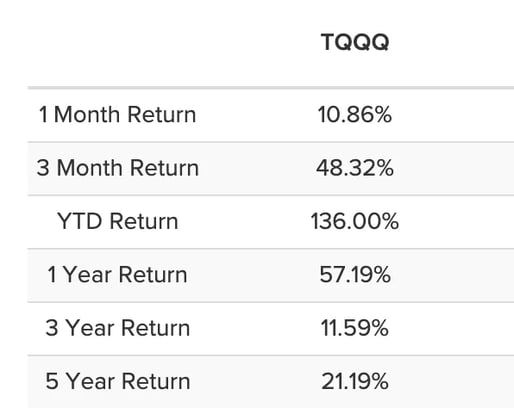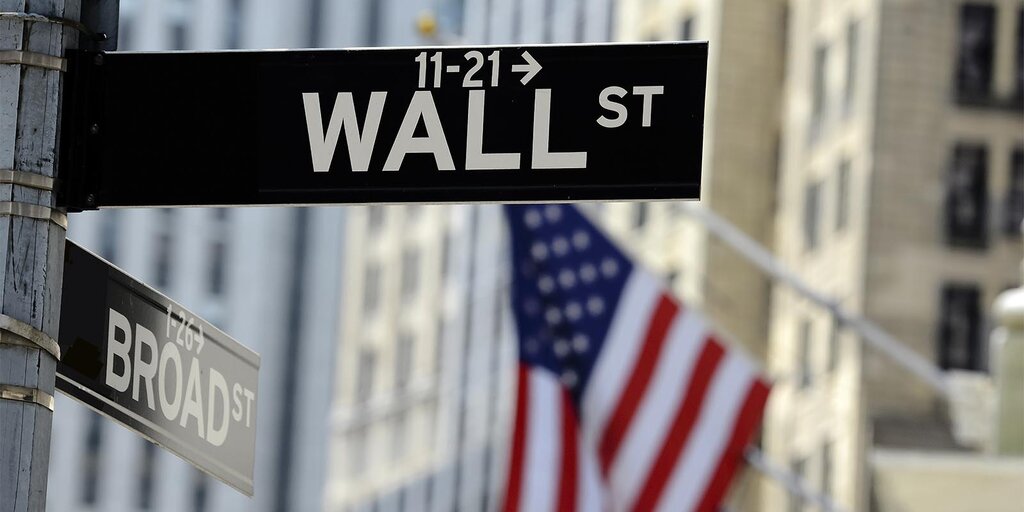It’s been 6 years since the Winklevoss Twins’ Bitcoin ETF (exchange-traded fund) application was rejected by the SEC, but now Blackrock, Fidelity, WisdomTree, VanEck and Invesco have also submitted applications. Whilst sentiment toward crypto and web3 is not great, it does seem like we may be on the cusp of finally getting a Bitcoin ETF approved.
It’s natural to postulate that once we have a Bitcoin ETF, a tokenised on-chain version of it will appear to bring things full circle.
make it possible to own a tokenised version of Blackrock’s S&P 500 ETF.
A proven track record?
Ironies aside, I do believe it’s safe to say that Bitcoin, Ether and the other major cryptocurrencies have been proven as sound technologies that work. They may not have found mainstream use cases apart from financial speculation, but the underlying networks have remained sound.
When the Winklevoss Twins first proposed their Bitcoin ETF back in 2017 Bitcoin and Ethereum were not considered mainstream assets in the financial sphere. We hadn’t had the DeFi summer of 2020 and the NFT mania of 2021 which really drove these technology-driven digital assets into the mainstream consciousness.
stablecoins
,
exchanges
and
hedge funds
fail, but these were not technology-driven failures.
With custody platforms and major exchanges such as Coinbase and Kraken having proven their competency during this period, the vulnerability of crypto venues being hacked is less of a concern to the average crypto holder.
Having a proven track record as far as custody of crypto assets is concerned alongside the resilience of public blockchain networks should be the two major factors beyond customer demand that dictate whether a Bitcoin ETF should exist or not.
Given the structural soundness of the Bitcoin and Ethereum networks, I believe it is irresponsible not to make such as product available to the public. There are a number of far more risky ways in which investors are getting exposure to Bitcoin via our regulated markets, and an ETF underpinned by some of the best-known asset managers is a far safer way for the average person to access the digital asset class.
Bitcoin ETF alternatives
Instead, right now investors are getting exposure to Bitcoin via other publicly listed vehicles, such as:
- Shares in Microstrategy which has roughly $4.6bn in bitcoin on its balance sheet, of its $5.7bn total market capitalisation.
- The Greyscale Bitcoin Trust, which until recently spent most of the past year trading at a discount of 40-50% of its net asset value (NAV) based on its Bitcoin holdings.
- Bitcoin mining companies such as Riot Blockchain, Marathon Digital Holdings and Hut 8 Mining that have experienced significant price volatility (even compared with bitcoin) during these past few years.
- Bitcoin Future ETFs that provide exposure to the price movements of bitcoin futures contracts. These come with additional management costs such as roll premiums and don’t perfectly track the price of bitcoin.
Assuming you’re using Coinbase or Kraken or know how to store bitcoin, all of the above vehicles are far riskier than holding bitcoin directly. However, if you want to hold it in a retirement or tax-free saving account such as an ISA here in the UK, they’re the only route you have without a real ETF.

Returns of ProShares UltraPro QQQ ETF which provides 3x leverage exposure to the NASDAQ 100
Outside of the domain of ETFs, we’ve seen many companies share values go to zero over the years, Silicon Valley Bank being the most recent example that comes to mind.
Tokens > ETFs
ETFs as a financial product are great for providing access to certain types of products that would be cumbersome for investors to own directly such as index trackers and commodities.
Similar parallels can be drawn with tokenised assets, except that the applicable landscape of products that can be tokenised and the access to them is far wider. They are underpinned by globally accessible blockchain networks, instead of existing rails that are provided by centralised brokers, fintechs and exchanges. Plus their programmable nature makes the surface area for innovation far greater.
Tokenised assets are the universal financial product in this respect.
Opening the floodgates
Once a Bitcoin ETF is approved, it’s inevitable that Ether will follow suit. Beyond this, it may take time for other crypto tokens to follow, especially as at the current time, the majority of leading currencies following Ether are being labelled securities by the SEC.
CoinMarketCap
or
Coindesk
. These could be weighted by the market cap of their assets, or other factors such as yield potential, or sector.
Having something with the variety of sector (crypto, DeFi, NFTs), segment (small, medium, large cap), geography and staking yield potential of existing indices provided by Blackrock, Vanguard and others would really open up the crypto industry to meet the needs of investors.
I have little doubt that we will reach this point in due course. Hopefully, this time around we will see the Bitcoin ETF finally come into being. The hard yards have been trodden by the digital assets industry, and it’s about time that the asset that started off this entire revolution gets its opportunity to be accessible to all.
Read More: blog.web3labs.com









 Bitcoin
Bitcoin  Ethereum
Ethereum  Tether
Tether  XRP
XRP  Solana
Solana  USDC
USDC  Dogecoin
Dogecoin  Cardano
Cardano  TRON
TRON  Lido Staked Ether
Lido Staked Ether  Wrapped Bitcoin
Wrapped Bitcoin  Sui
Sui  Chainlink
Chainlink  Wrapped stETH
Wrapped stETH  Avalanche
Avalanche  Stellar
Stellar  Shiba Inu
Shiba Inu  Hedera
Hedera  Toncoin
Toncoin  Bitcoin Cash
Bitcoin Cash  Hyperliquid
Hyperliquid  USDS
USDS  LEO Token
LEO Token  Polkadot
Polkadot  Pi Network
Pi Network  Litecoin
Litecoin  WETH
WETH  Monero
Monero  Wrapped eETH
Wrapped eETH  Bitget Token
Bitget Token  Pepe
Pepe  Binance Bridged USDT (BNB Smart Chain)
Binance Bridged USDT (BNB Smart Chain)  Coinbase Wrapped BTC
Coinbase Wrapped BTC  Ethena USDe
Ethena USDe  WhiteBIT Coin
WhiteBIT Coin  Uniswap
Uniswap  Bittensor
Bittensor  NEAR Protocol
NEAR Protocol  Aptos
Aptos  Dai
Dai  OKB
OKB  Aave
Aave  Ondo
Ondo  Internet Computer
Internet Computer  Ethereum Classic
Ethereum Classic  BlackRock USD Institutional Digital Liquidity Fund
BlackRock USD Institutional Digital Liquidity Fund  sUSDS
sUSDS  Cronos
Cronos